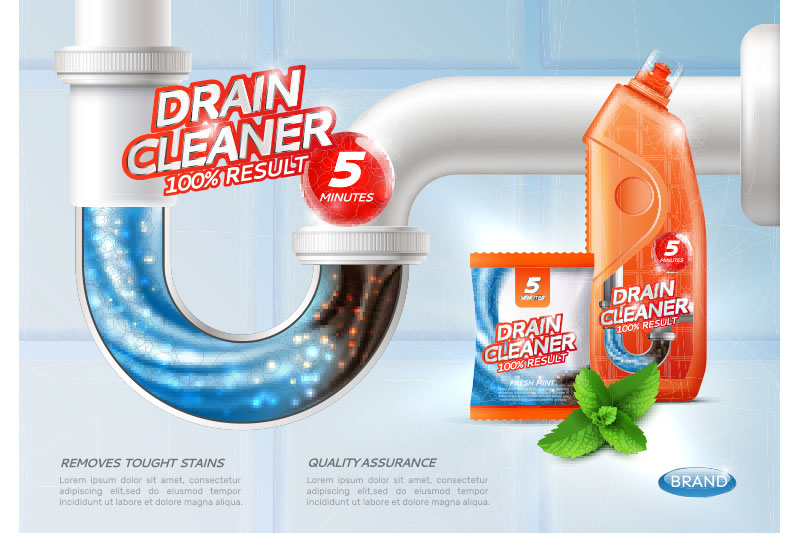You may be one of those self-reliant types who takes a hands-on approach to any minor or major household problems. Even if you’ve never have fixed a l
You may be one of those self-reliant types who takes a hands-on approach to any minor or major household problems. Even if you’ve never have fixed a leaky faucet or replaced a pipe before, you’re sure it’s well within your skill set. While we applaud the enthusiasm, a few words of caution are necessary. It’s important to remember that not everything in the world of plumbing follows common-sense rules. It’s a good idea to do your homework before you begin a project.
In fact, professional plumbers are so accustomed to being called in to fix the mistakes made by do-it-yourselfers, they even have a list of common rookie plumbing mistakes. From using the wrong tools to over-reliance on chemical drain openers that can harm the plumbing, there are all kinds of things that can go wrong. However, there are some things you can do to avoid making these common rookie mistakes in plumbing.
Don’t use chemical drain opener
Even though it sounds and looks like a simple solution to the problem of clogged drains, using a chemical drain opener is not a good idea. The chemicals can harm the plumbing and corrode the pipes. It’s much better to use a snake or an auger. Sometimes, though, a drain clog can be very stubborn. In this case, call the plumber.

Remember to turn off the water
If you need to change a valve, remember to turn off the water supply before you start. Forgetting this simple step can leave you with a flooded bathroom floor and the risk of extensive damage to the house structure itself.
Make sure the work is permitted
Many home improvement projects such as installing a bathroom or replacing the piping must be done according to code. This will require a permit so that local authorities can exercise oversight. Work that is done without a permit may lead to fines, and it may also reduce the value of your house. It may even make it harder to sell your house.
Don’t connect galvanized and copper pipes
If galvanized and copper pipes are connected directly, they will corrode each other. Rookies should be aware that they will need to use a special connecting piece called a dielectric union. This puts a plastic sleeve and a rubber washer between the copper and galvanized pipes.
Use the right tools for the job
If you remember your dad saying that, give him a call to tell him he was right. The right tools make the job much easier, as professional plumbers know. That’s why they carry around those heavy tool bags and have still more tools in their vans. For example, using a regular wrench or pliers to tighten plumbing fixtures can damage the finish on the fixtures. It’s better to use a strap wrench instead.

Don’t be too hard on the pipes and fixtures
When it comes to installing pipes and plumbing fixtures, technique wins out over brute strength. Over-tightening connections for supply tubes, pipes, fittings and toilet bolts can cause them to develop cracks and eventually to leak.
In general, it’s a good idea to get some training or consult with a professional plumber before starting a DIY project. Having the right tools and parts before you start can also make all the difference to the success of your project. Without the right knowledge and tools, you can risk the safety of your home. If there are any major mistakes, you may have to pay a professional to redo the job.



















































































































COMMENTS